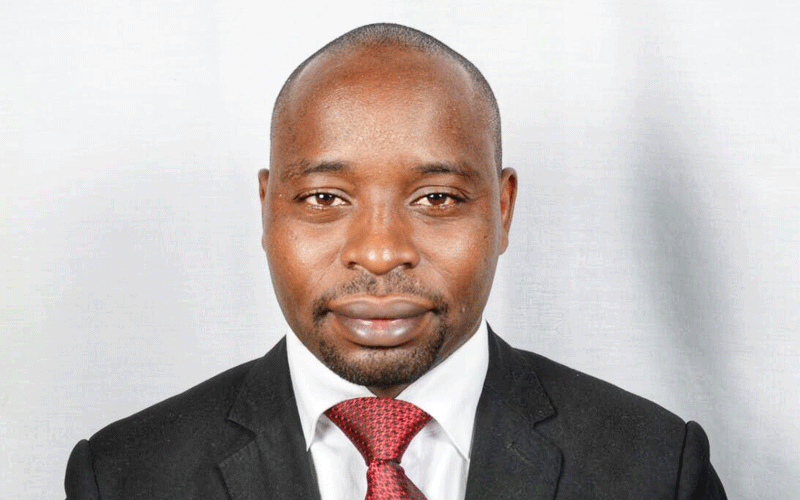How to safeguard your mind this Christmas

Harriet James @harriet86jim
As a result of the pandemic, millions all over the world have been affected, with many losing their loved ones and their sources of livelihood.
In Kenya, the National Bureau of Statistics states that at least 300,000 Kenyans have lost their jobs due to the pandemic between January and March this year.
It also noted that the number of employed Kenyans plunged to 17.8 million as of March from 18.1 million people compared to last year in December.
Globally, even before the pandemic, Kenya was ranked sixth among African countries with the highest cases of depression; a mental health condition.
Approximately 1.9 million people suffering from a form of mental condition such as depression and substance abuse according to World Health Organisation.
This places mental disorder among leading causes of ill-health and disability worldwide.
So, how do we ensure that in light of what’s going on around us, we still safeguard our mental health this Christmas?
Going virtual
Dr Anthony Ireri, (pictured), a psychologist and personality assessment expert at Kenyatta University, says people may have to readjust their mindsets about how they enjoy Christmas.
For instance, with the current recommendations for limited or no travel to see extended family members and friends, many people may have to embrace alternative ways of partying and connecting with their loved ones.
“This may include preparing virtual parties and meetings, or just limiting the fun to their immediate households. Since merrymaking comes at a cost, many people are likely to be quite anxious owing to reduced income due to the pandemic.
To remain happy, people should plan for simple and affordable forms of celebrations,” he advises.
He adds that celebrating within a manageable and realistic budget assists in breaking holiday anxiety and enables one prepare for the festival they want and can afford. Also, people should shop early, plan activities well and keep it local.
“If you overspend during Christmas, remember January stress is waiting ahead. Schools will open and there will be bills to be paid; one should, therefore, ensure they spend moderately this Christmas,” he adds.
To manage Covid-19 anxiety, Dr Ireri says that people should adhere to the prevention protocols, always protect yourself and others.
“Keep safe, sleep well, and don’t overindulge in the festivities, especially those that involve many people.
People need to focus on what makes them happy, the positive things about the year, and generally have their own form of fun during Christmas.
They should also avoid being lonely and spend time with others to minimise depression,” he says.
Psychosocial support
For those who have lost their loved ones and are grieving, Dr Ireri advises that they should not be shy to mourn in ways they see fit.
“They should be encouraged to accept the grieving process takes a long time, and comes with confusing emotional changes. It has its ups and downs that only the griever can fully understand.
They should seek psychosocial support from people that they can trust,” he recommends, adding that they should engage in activities they enjoys within the confines of the pandemic prevention protocols and find virtual grief support group meetings with other bereaved people to learn how to cope with the loss.
“As one grieves, they need to pay attention to their needs and feelings. Exercise self-compassion, engage in self-care, and find a routine that brings acceptance for the loss.
Finding ways of honoring the deceased e.g. building a mausoleum, composing a poem or song, doing a painting or finishing what they had started is a healing ritual,” he notes.
Dr Mukite Victoria, a psychologist and founder of Jadili Life, says several factors will make this holiday season different and probably stressful for teens.
They have been out of school and mostly away from their peers due to Covid-19, which has also had negative impact on most families. As a result, teens mental health might worsen during holidays.
“Teens suffer from increased anxiety. The expectations that come with holidays, demanding social events and meeting new people, probably in new place can be too much for a teen to handle,” she says.
She advises parents to provide lots of opportunities in the family to discuss holiday plans, events and changes that are likely to occur to lessen the anxiety.
“It’s is important to remember that adolescents need time to be adolescent. Allow them to hang out with their peers, meet up people they are comfortable with rather than the people the parents are comfortable with.
For positive mental health, allow them to assert their individuality – the process of becoming adults separate from their parents,” she says.












